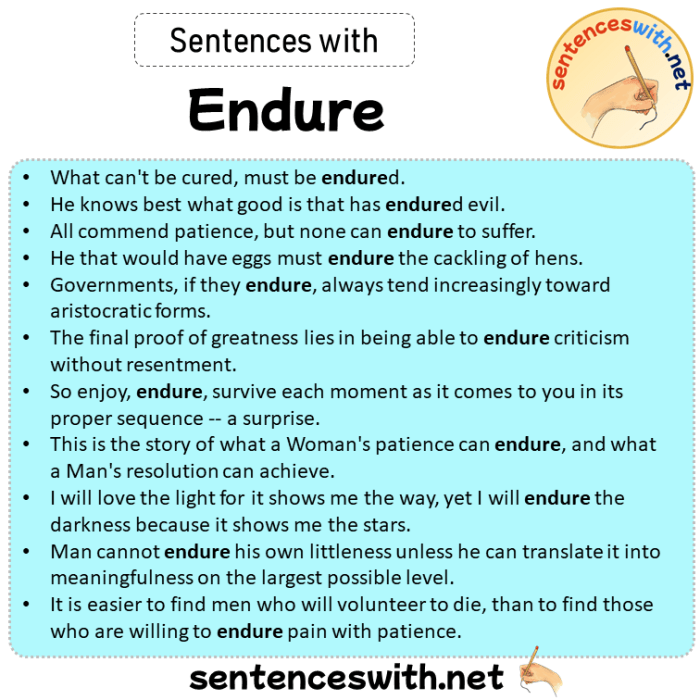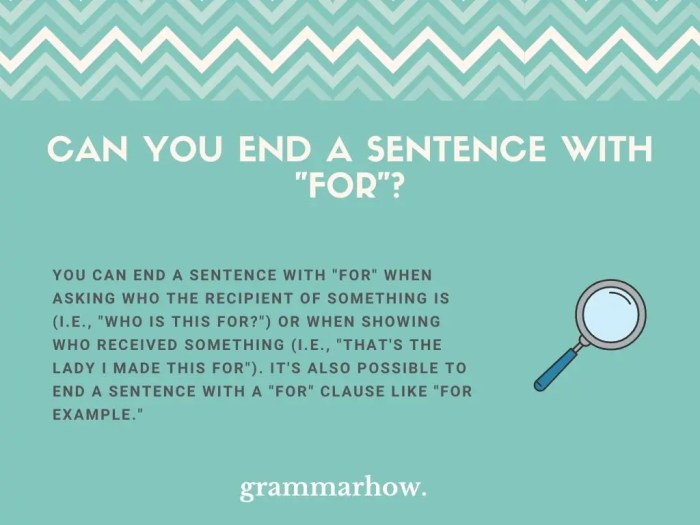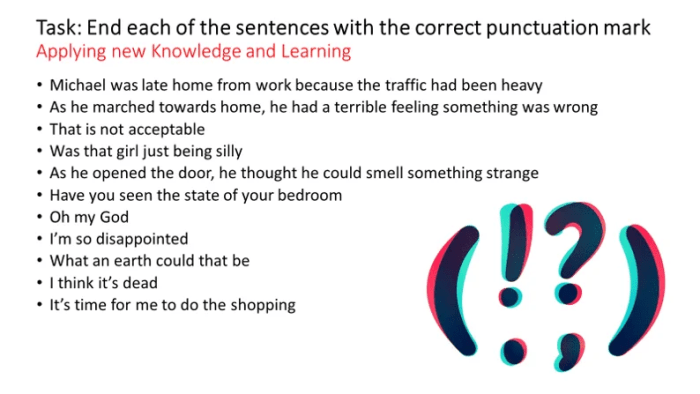Habitually end sentences as questions – Habitually ending sentences as questions is a linguistic phenomenon that warrants exploration. This practice can significantly impact communication, influencing clarity, tone, and perceived intent. Understanding the reasons behind this pattern and developing strategies to avoid it can enhance effective communication.
This discussion delves into the complexities of habitually ending sentences as questions, examining its potential causes, communicative implications, and alternative approaches for expressing uncertainty or seeking clarification.
Habitually Ending Sentences as Questions

In the realm of written communication, a curious pattern emerges: the habitual use of end-of-sentence questions. This practice, while potentially conveying uncertainty or seeking clarification, can also impact clarity and the perceived intent of messages.
Identifying Habitual End-of-Sentence Questions
Habitually ending sentences as questions manifests in the consistent use of a question mark at the end of declarative statements. Instead of making a definitive statement, the writer frames it as a question, often with a rising intonation at the end of the sentence.
Examples:
- I’m not sure if you’re aware of this, but we need to discuss the project schedule?
- This is a great idea, isn’t it?
- Can you please confirm the meeting time?
Potential Reasons Behind the Pattern, Habitually end sentences as questions
Several factors may contribute to the habitual use of end-of-sentence questions:
- Uncertainty:The writer may be unsure of the information they are conveying and seek confirmation.
- Seeking Clarification:The question mark invites the reader to provide additional information or clarification.
- Politeness:Framing a statement as a question can soften the tone and make it less confrontational.
Impact on Communication
Habitually ending sentences as questions can have significant effects on communication:
Clarity and Understanding
The use of end-of-sentence questions can hinder clarity. Readers may perceive the statement as uncertain or tentative, leading to confusion or misinterpretation.
Tone and Perceived Intent
End-of-sentence questions can also influence the perceived tone and intent of the message. They may come across as hesitant, insecure, or even manipulative, depending on the context.
Strategies for Avoiding End-of-Sentence Questions
| Strategy | Example |
|---|---|
| Use Declarative Statements | “The project schedule needs to be discussed.” |
| Add Clarifying Phrases | “I’m not sure if you’re aware of this, but the project schedule needs to be discussed.” |
| Use Confirmation Requests | “Can you confirm the meeting time? Please let me know.” |
| Rephrase as Questions | “Do you have any questions about the project schedule?” |
| Use Polite Requests | “Would you be available to discuss the project schedule at your earliest convenience?” |
Alternative Ways to Convey Uncertainty or Seek Clarification
There are alternative ways to express uncertainty or seek clarification without resorting to end-of-sentence questions:
Using Modal Verbs
Modal verbs such as “may,” “might,” and “could” convey uncertainty.
Example:“The project schedule may need to be adjusted.”
Using Hedging Language
Hedging language, such as “perhaps,” “possibly,” and “it seems,” can express uncertainty without using a question mark.
Example:“It seems that the meeting time needs to be changed.”
Asking Direct Questions
Direct questions are clear and unambiguous and can be used to seek clarification.
Example:“Can you please confirm the meeting time?”
Advantages and Disadvantages
These alternative approaches have their own advantages and disadvantages:
- Advantages:Clarity, directness, and reduced ambiguity.
- Disadvantages:Can be perceived as less polite or more confrontational.
Popular Questions: Habitually End Sentences As Questions
Why do people habitually end sentences as questions?
Various factors can contribute to this pattern, including seeking confirmation, expressing uncertainty, or conveying a tentative or non-committal stance.
How can habitually ending sentences as questions affect communication?
It can create ambiguity, reduce clarity, and make messages appear less assertive or authoritative.
What are some effective strategies for avoiding habitually ending sentences as questions?
Rephrase sentences to remove the question mark, use hedging language to express uncertainty, or employ alternative methods such as conditional statements or modal verbs.

